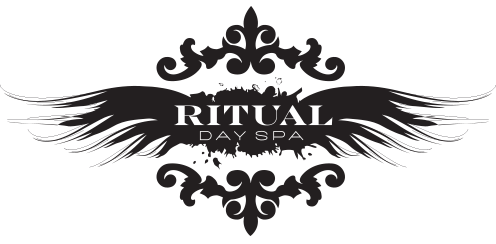Eating Your Way to Better Skin.
We’ve all heard the phrase, “you are what you eat.” Sure…we get it. Eating well and drinking lots of water lead to a healthier body. Not a lot of argument needed. But what some of us don’t realize is how much food affects our skin.
Try These:
Salmon. Rich in omega-3 fatty acids, fatty fishes like Salmon help combat inflammation that can break down collagen and elastin. They also strengthen the cell membranes, allowing the cells to hold more moisture for a brighter, plumper, and more youthful complexion. Can’t stomach this seafood staple? Try fish oil supplements instead.
Kale. Kale is one of the best sources of lutein and zeaxanthin, nutrients that absorb and neutralize the free radicals created by UV rays. It’s also rich in Vitamin K, which helps diffuse dark under-eye circles. Plus, just one cup gives you your entire day’s requirement of skin-firming Vitamins A and C.
Dark Chocolate. This sweet treat is rich in cocoa flavanols, plant compounds that help protect your skin from UV damage, fight free radicals, and increase blood flow. Dark chocolate also helps reduce stress hormones that can lead to collagen breakdown (wrinkles) and excess oil production (acne).
Avoid These:
Dairy. Lactose intolerance isn’t the only side effect of your love affair with dairy. While yogurt, milk, and other items have plenty of health benefits, certain hormones in dairy products may stimulate the overproduction of oil that can lead to clogged pores and pimples.
Sugar. Cake. Cookies. Alcohol. Certain sweets kick-start a process called glycation, whereby sugar molecules bind to protein structures in your skin. This makes them weak and dysfunctional, which shows up on the surface as wrinkles, sagginess, and a loss of radiance.
Gluten. Oh sigh…how I love my bread. But high glycemic-index foods have been linked to both acne and wrinkles. First, they cause a spike in blood sugar, which triggers the hormones that stimulate oil production and breakouts. Second, just like sugar, they trigger collagen breakdown through the glycation process discussed above. Check Out More Face-Friendly Foods >>
